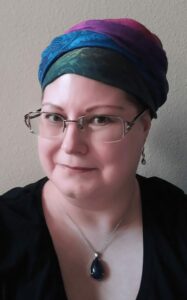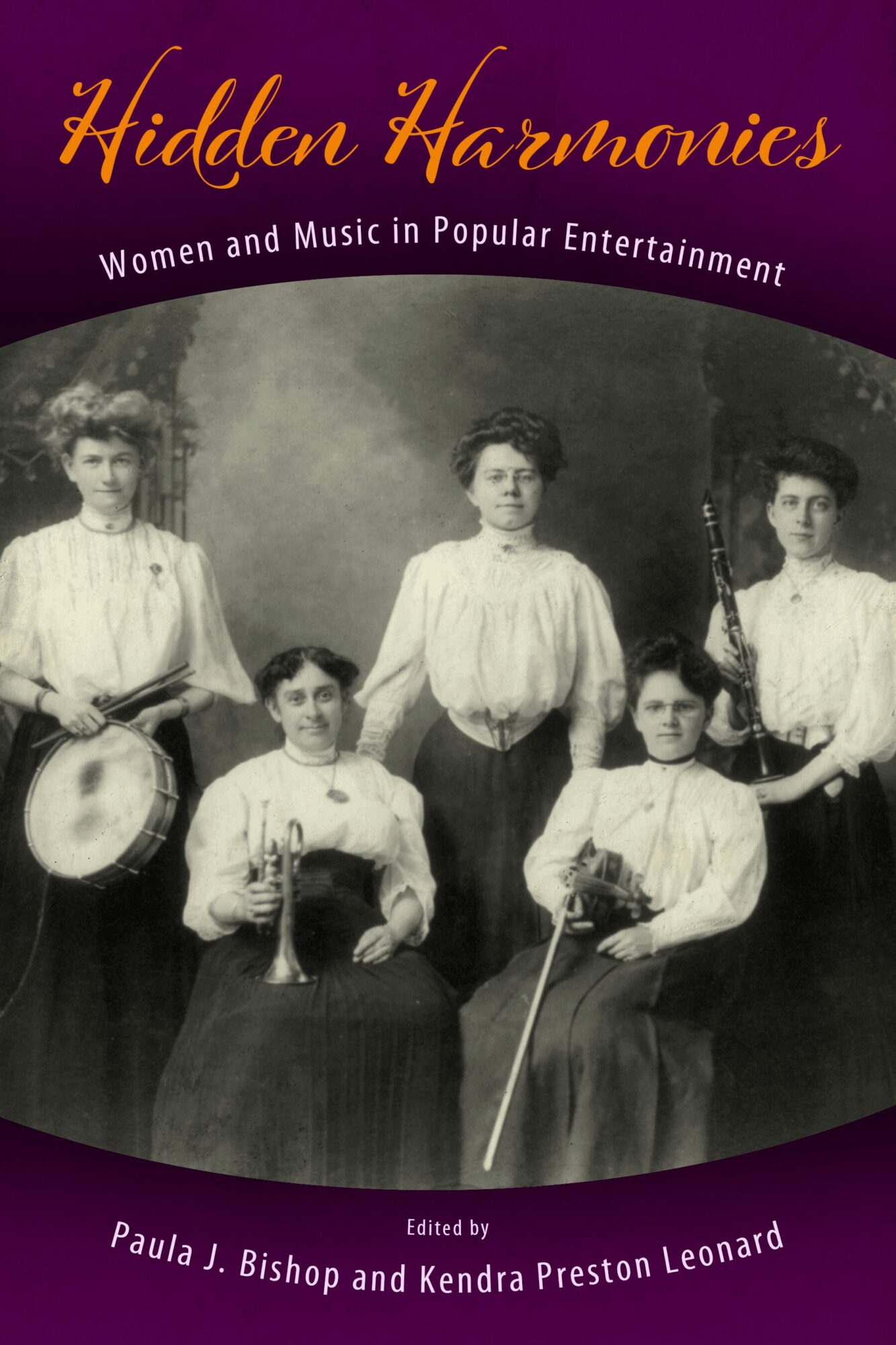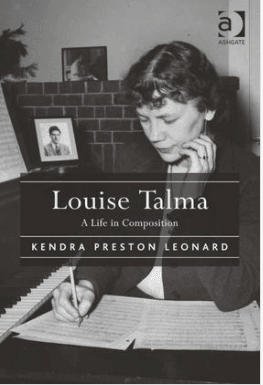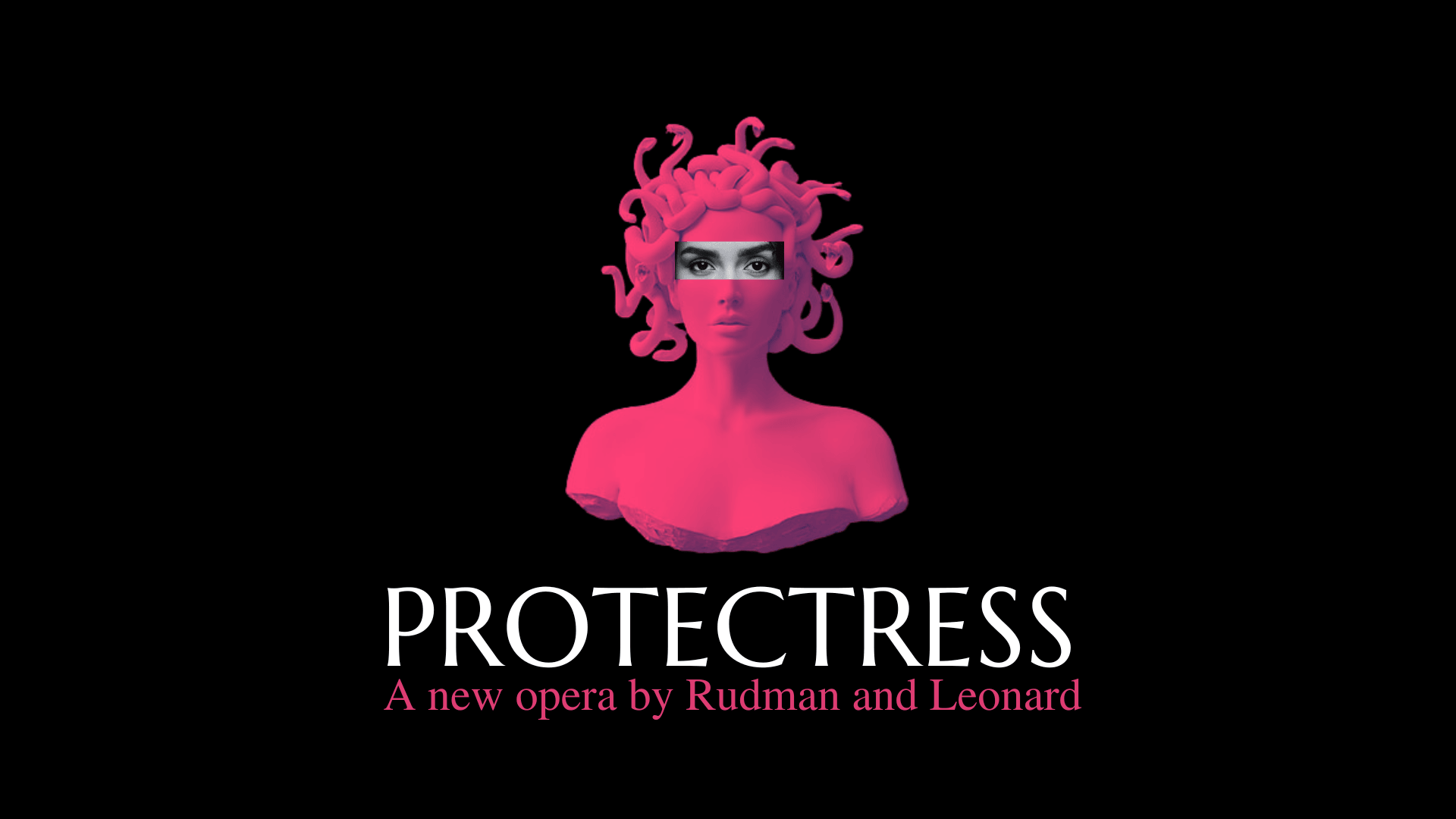 Today we’d like to introduce you to Kendra Preston Leonard.
Today we’d like to introduce you to Kendra Preston Leonard.
Hi Kendra, so excited to have you with us today. What can you tell us about your story?
Initially, I trained as a classical cellist and hold performance diplomas and degrees from the University of North Carolina School of the Arts, the Peabody Conservatory of Music, the Guildhall School of Music and Drama, and the University of Miami. But my cello career–in which I was interested in performing new music–was cut short by the effects of lupus, an autoimmune disease that attacks my joints and causes other problems. Having always been interested in research and scholarship and enjoying doing those things, I pivoted to a career as a music scholar. I got my PhD and work as a musicologist and music theorist. My scholarship focuses on women and music in the twentieth and twenty-first centuries, music and screen history, and music and the early modern. I’ve published numerous books and articles and held research residencies. But I missed being part of the creation of new music, so I’ve also become a librettist–the person who writes the words for operas–and a lyricist, writing the words for new vocal music. Since making that decision, I’ve had more and more interest in my work, and numerous operas for which I wrote the text have been performed all over the world.
We all face challenges, but looking back, would you describe it as a relatively smooth road?
I’ve been fortunate in finding collaborators with whom I share the same vision for new operas works that reflect current society and challenge the status quo, works that empower performers from marginalized groups, and works that call for greater inclusivity and diversity on the stage.
People are often surprised to learn that new operas are being made all the time, and even opera aficionados don’t always appreciate new operas. Part of my role is to tell stories through opera in ways that interest audiences in ways they’ll find memorable and moving. Opera creation also still remains a male-dominated field: between 1991 and 2024, there are only two women on the list of Opera America’s Top 10 Most Produced Living North American Librettists. It’s also very white-dominated. I’m trying to change that in part through my new position as Guerilla Opera’s Teaching Artist in Libretto Writing by teaching libretti-writing to diverse groups of artists.
Thanks for sharing that. So, maybe next you can tell us a bit more about your work?
My works mostly focus on women characters and tell stories of perseverance and compassion. I often draw on myth and folklore and incorporate magical realism into my stories. My opera Protectress, with music by composer Jessica Rudman, is a sequel to the myth of Medusa that explores compassion and solidarity in relation to rape culture, victim-blaming, and the processing of trauma. In a new opera called Montevergine, on which I’m working with composer Steven Sérpa, I draw on a medieval legend in which two lovers are saved from a hate crime by divine intervention, leading to a real-life festival celebrating all things queer in present-day Italy.
In my opera Par for the Course, which has music by composer Lisa Neher, I create a glimpse into the life of super-athlete Babe Didrikson Zaharias, depicting her reaction to not being allowed to play in the men’s US Open. In another opera with Neher, Sense of Self, we show one woman athlete’s process in deciding about her breast cancer treatment. In Woman Waits With Sword, we use the historical record to create another strong, independent woman, Alberte-Barbe D’Ernécourtand, who defends her castle and her land. Singers have flocked to these roles, happy to have works for them that are about women who are persistent and have their own agency.
People know that these are the kinds of topics I like when I’m writing for opera, and now performers and composers have come to me asking to collaborate because they want to work with me and my approach.
Where we are in life is often partly because of others. Who/what else deserves credit for how your story turned out?
Of course! Big thank-yous to my composer collaborators–Jessica Rudman, Lisa Neher, Rosśa Crean, Jessi Harvey, Steven Sérpa, Angela Elizabeth Slater, Michael Oberhauser, and Tim Hinck. Thanks also to my spouse, Karl Rufener, who has always been supportive, reads every word, and makes outstanding meals to keep me going and keeps the dogs entertained when I really need to write without the editorial interference of large paws. And to Dr. Ruth Benander, for reading books and knowing things, and for talking with me about all the things. I’m grateful to Hiroko Yamazaki, who is such a good listener. I’m thankful also to the people I know in academia–Marian Wilson Kimber and Annegret Fauser who have also developed serious, creative practices, to show everyone that it can be done, and you don’t lose your scholar card doing it.
Contact Info:
- Website: kendraprestonleonard.com
- Facebook: https://www.facebook.com/kendraprestonleonard/
- Other: Bluesky: @kleonardphd













